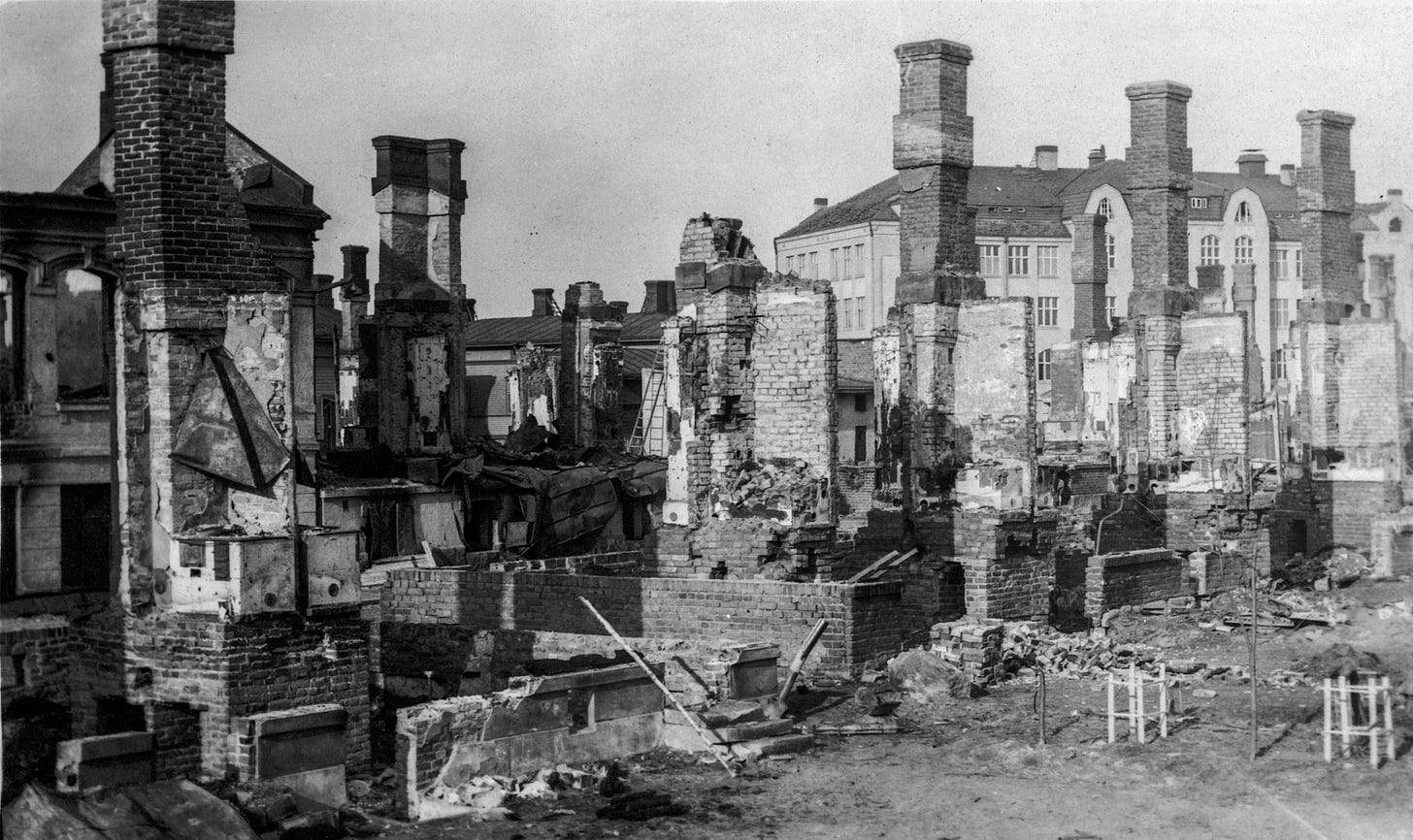My great-great uncle who died ‘in a Russian revolution’
In the final years of my paternal grandfather’s life, I conducted some interviews with him over the phone about our family history. At the time, I was a journalism student at SUNY Plattsburgh, while interning or freelancing for just about every print publication in the Adirondacks. So I owned an MP3 recorder and specialty plugs which could hook it up to a landline phone. I used these to preserve our conversations.
My grandfather made an offhand remark in these talks, which I didn’t follow up on in the moment, but has intrigued me ever since. Discussing his mother and her siblings, who hailed from Finland, he said, “the middle boy was killed in a Russian revolution.” How fascinating would it be to have a great-great uncle who participated in such a grand, leftist project, even one which failed and descended into tyranny?
I don’t really believe we’re responsible for the merits or demerits of our ancestors. Still, I’m vaguely aware of a number of despicable characters in my family tree, including American slave-owners. It would be nice, in my genealogical research, to focus on a more uplifting narrative. Thankfully, my Austrian forebears came to the United States before World War I, so I don’t think they had any connection to Nazism.
At least according to my grandfather, his father’s father was Jewish. My sister has tried to pin down this claim in recent years, without much success. It was her digging that inspired me to look further into this great-great uncle who supposedly died ‘in a Russian revolution.’ I won’t bore you with the details of my search, but I believe I found him on an Ancestry.com list of Finnish Civil War casualties.
I know very little about the 1918 conflict. However, in my understanding, there were two sides: the Reds and the Whites. The Reds, as you might expect, were socialists allied with the Soviet Union. The Whites were a hodgepodge of anti-Communist factions, ranging from monarchist to liberal. They defeated the Reds after a few months, with help from Imperial Germany, soon to become the Weimar Republic.
The man who I believe is the great-great uncle my grandfather was referring to was named Iisakki Vihtori Iisakinpoika Mäkinen. I used Google Translate to make sense of the Finnish records. It appears he was a 24-year-old, married, former farmworker, who was assumed dead with no known burial location. Somewhat disappointingly, he seems to have been a volunteer with the White army.
I tried to imagine what led Mäkinen to take the side he did. Was he a committed monarchist, a liberal or something else? Could he have had any sense, in 1918, of the dictatorial trajectory of Soviet Russia? Perhaps, like all of us to a certain degree, he was just swept up by historical forces beyond his control or understanding. One thing was clear, though. I’d have to look for a leftist lineage elsewhere.
At some point, I’d like to learn more about the Irish portion of my family tree. I don’t know when exactly they came to the United States. Maybe there was a notable Irish republican in there somewhere. Then again, maybe not. And that’s OK. As interesting as genealogy can be, what really matters are the choices we make in our lives, not the choices our ancestors made in theirs.


